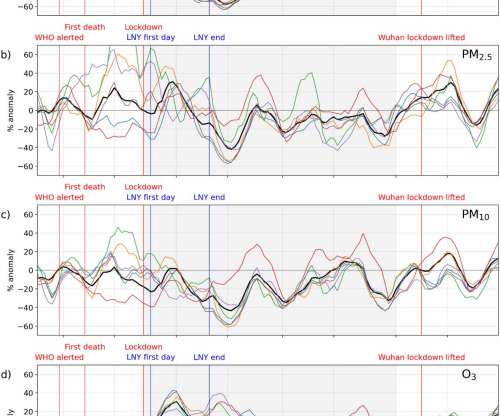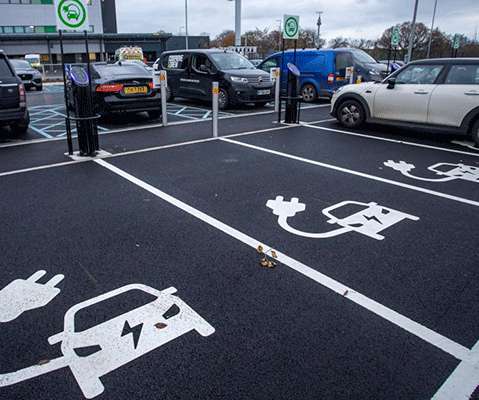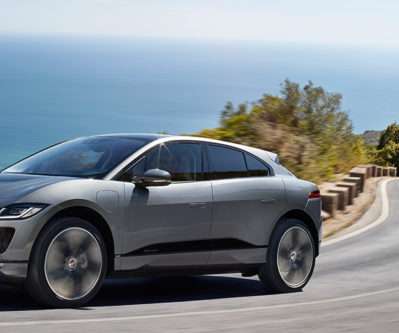Study finds COVID-19 lockdown in China brought only slight reduction in PM2.5 and ozone
Green Car Congress
JULY 29, 2020
Large improvements of air quality in China during the lockdown have been widely reported, but new research shows that two pollutants harmful to human health—fine particulate matter (PM 2.5 ) and ozone—were only slightly reduced. and ozone were only slightly reduced or barely affected.









































Let's personalize your content